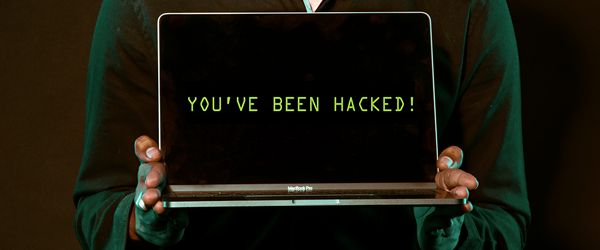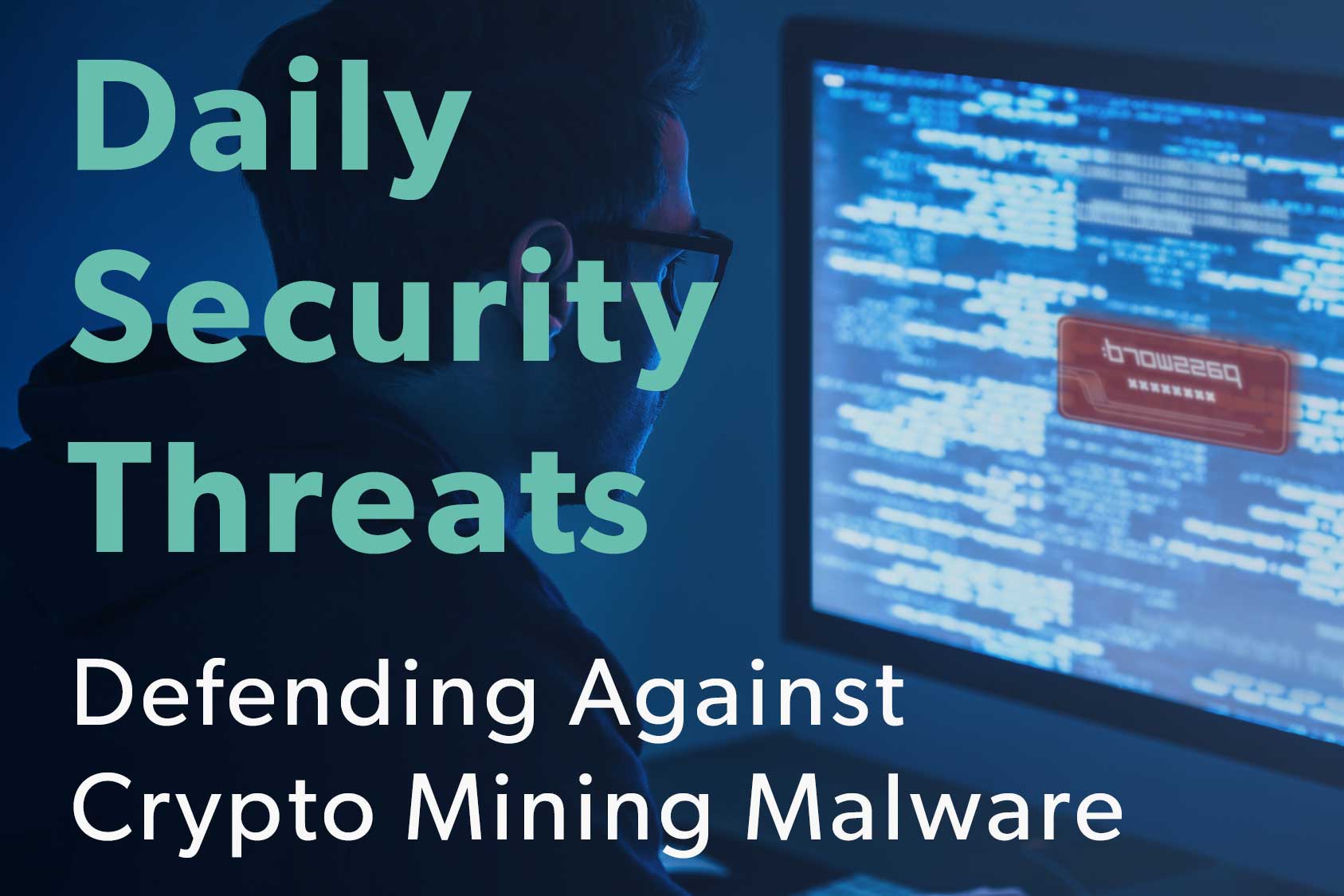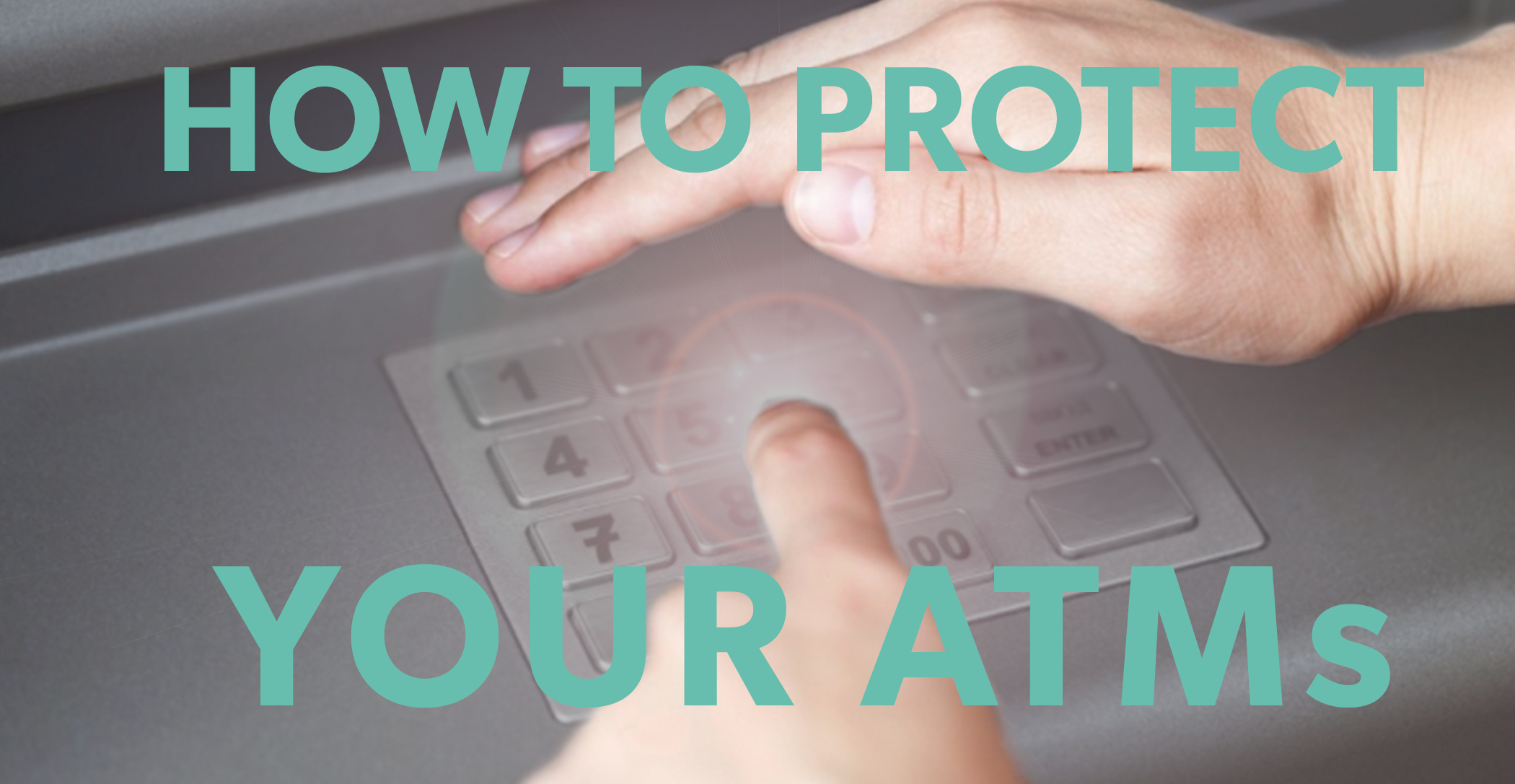Daily Security Threats: Defending Against Crypto Mining Malware
In the data security world, when talking about types of attacks and network security threats, we hear the term “malware” thrown around a lot: X...

Here are the key takeaways from this blog:
Download Rivals Free Incident Response Template
It is said that "The best defense is a good offense." This idea has been applied to everything from sporting events to military combat. It’s also a great answer to the question of how to prevent malware attacks. The reality is, once malware takes over your computer or systems, though you can remove it, it may continue to cause a problem for the foreseeable future. With that in mind, below we’re sharing eight ways to prevent malware attacks.
Whenever you see an alert to update your tools, plugins, computer, etc... don't just dismiss it and put it off until later. Oftentimes, these updates are created to address potential security breaches and backdoors that are exploited for malware. Malware creators love to search for these vulnerable avenues of attack, and if your system isn't updated regularly, you leave yourself open to attack.
While we’re on the subject of updates, it’s also a good idea ro remove any apps or programs that you’re either not using anymore, or that are no longer supported. Outdated and unsupported software are often breeding grounds for malware attacks. It’s not worth it to keep it on your system, so make it a point to go through your apps and programs regularly and see if there are any that could be removed.
In addition to turning off these settings in your browser of choice, use click-to-play plugins or extensions to prevent anything from automatically playing/downloading. Keeping yourself in the driver’s seat, in complete control of what is played on your computer, can help you avert malware attacks.
Suppose for example, a cybercriminal managed to embed malicious code that distributes an exploit kit into a video that autoplays when you visit a website. This is referred to as malvertising, and it can automatically install malware onto your computer without you ever clicking the ad.
When you enable click-to-play plugins/extensions on your browser on the other hand, media and files won’t have the ability to download or play without your consent. Unfortunately, this is necessary because while there are some safeguards already in place, rogue advertisers can auto-play their videos even if you have opted to turn auto-play off in default settings. Click-to-play plugins and extensions add another level of protection, and keep your default settings from being overridden.
Have you ever received a telephone call saying that your Windows, Mac, iPad, or laptop is infected with malware? A lot of us have, and unfortunately, too many victims have fallen for this scam. Anyone who is calling you has no way of knowing whether your system is infected or not. They are simply calling people whose contact information has been acquired illegally or sold to them in hopes of convincing you that they need to email you a link that will download malware to your system.
Now, if you believe there is a chance that something could be wrong, and believe that the person contacting you is legitimate, protect yourself by asking to call them back. If they refuse to give contact information for a callback, that is a red flag! It’s also a good idea to ask them how they got your contact information. Finally, don’t give them any personal information over the phone. No legitimate company would call you demanding information that they should already have if they have you on file as an actual customer.
Phishing is the process in which an email has cleverly disguised itself as an official correspondence from a legitimate business. In fact, it may seem identical to the actual business. Common imposters pose as Paypal, Amazon, eBay, and national bank corporations.
When you receive an email warning you of a security breach, account access, or a bank charge, always be suspicious. First, look at the sender's email address. Legitimate companies will not use Gmail or third-party email services to contact you. Before clicking on any links, hover your mouse pointer over the link. When you do so, it will reveal the URL it will send you to. If it doesn't go to the official website, it's fake. It's best to get in touch with these companies by phone to verify if there are any issues.
Malware creators have been using rogue advertising to claim your system is infected with malware, and to fix the problem, you need to call a toll-free number. Sometimes, your browser may not allow you to click out of the ad, and you have no choice but to close the browser or restart your system. This is usually the best option, as you should never call a phone number that pops up on your screen. The entire process is called browser hijacking, and it is not only a way to scam you out of money, but if you click anything on the page, it will usually install malware on your computer they can use for future scams or for other nefarious reasons.
Websites that have an SSL certificate share information between you and the site through an encrypted, private connection. How do you know if a site has an SSL certificate? Look at the URL. If it begins with "https" instead of "http," it has an SSL certificate. A small padlock icon will also appear in front of the URL. If the site is not secure, most browsers will now indicate that the site is "Not Secure" in the same place before the URL.
While we’re discussing websites, it’s important to note that you should log out of everything when signing off. This is even more critical where a computer is accessed by multiple users, like in an office, school, or a library. When you don’t log out, you leave yourself susceptible to the next person accessing your information.
In learning techniques to prevent malware attacks, this is one of the most critical issues. Securing your passwords will keep cybercriminals from gaining full access to your accounts. It’s a good idea to use different usernames and passwords for different sites as well. Finally, make sure your passwords do not contain anything related to personal information like your social security number, address, or birthday.
If you choose to use an encrypted password manager you will have added peace of mind. These services will assign a unique, random, and difficult password for each site and encrypt them, so they remain safe and secure.
A good antivirus program will deep-scan and clean any threats and/or infections regularly. Always keep your software up to date to ensure you’re scanning for the latest issues.
Your firewall needs to be activated to prevent attacks. While it usually is by default, you can adjust the settings of your firewall to be as sensitive as needed. If your firewall is disabled and you don't remember disabling it, it's best to run a full scan with your antivirus software. Malware infections will disable your firewall, so it being disable could be an indication you have been infected.
Get a risk assessment from Rivial to learn how your data is protected from malware.
Download Rivals Free Incident Response Template

In the data security world, when talking about types of attacks and network security threats, we hear the term “malware” thrown around a lot: X...

1 min read
Here are the key takeaways from this blog: Phishing emails are getting harder to spot — attackers now use convincing tactics like spoofed domains,...

Rivial has learned through our threat monitoring that ATM malware attacks are spreading and we need all of our partners to take action to ensure they...